How to Use Cloves for Hair Growth
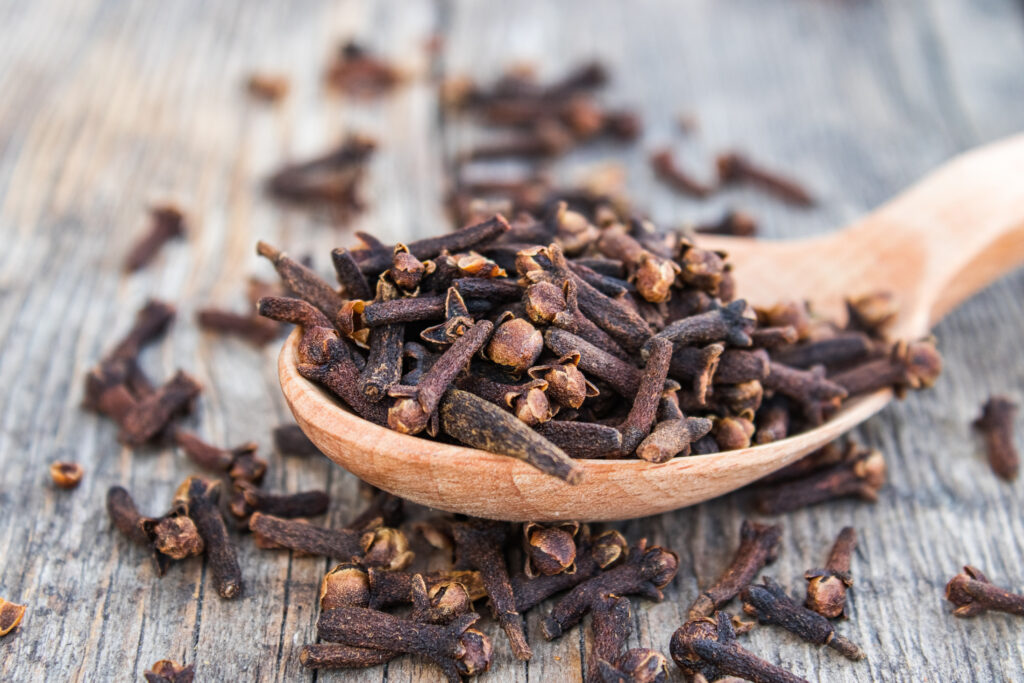
Cloves are a common spice used in cooking, but can they also be used to promote hair growth? Cloves contain a number of nutrients that are beneficial for hair health, including vitamins, minerals, and antioxidants. In this blog post, we will explore the scientific support behind using cloves for hair health. We will also discuss various home remedies that involve using clove oil for hair health.
What are Cloves?
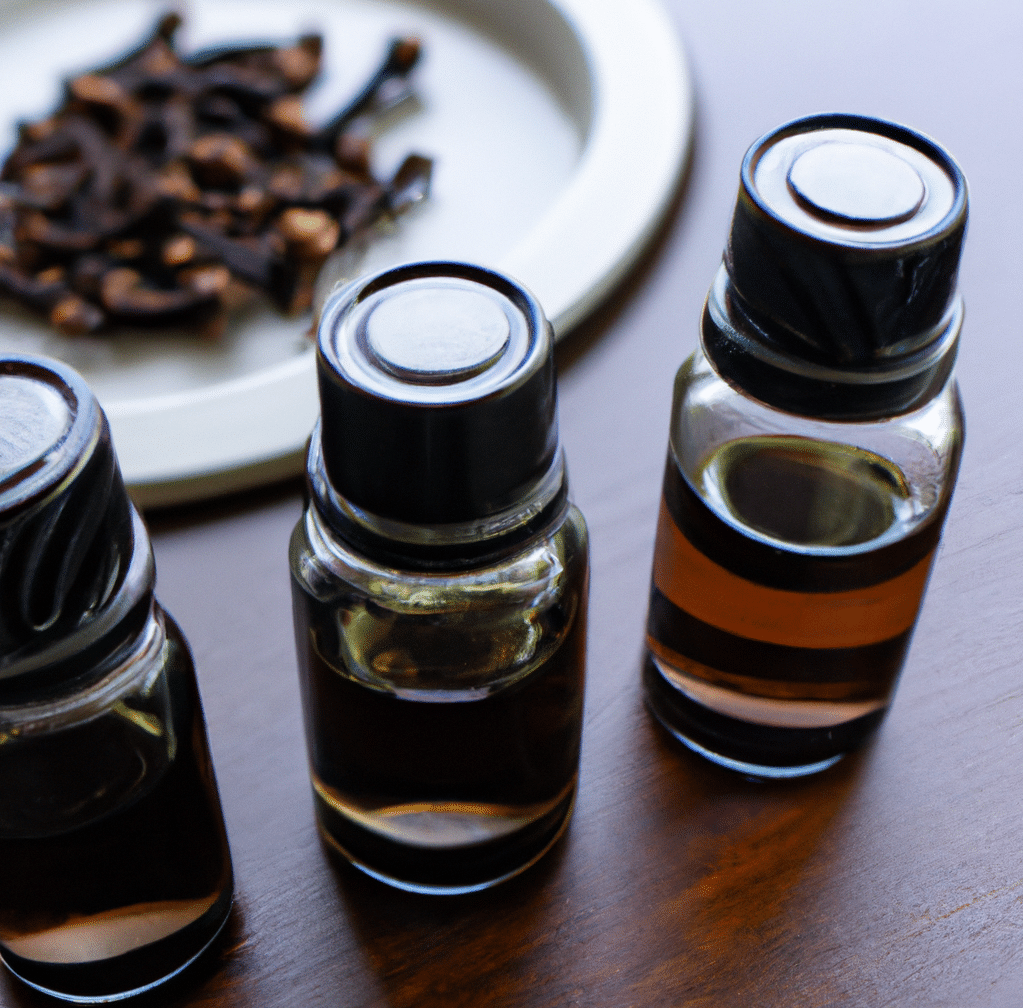
Cloves are a type of spice that are commonly used in cooking and baking. They are native to Indonesia and are grown on the evergreen clove tree, which is part of the family Myrtaceae. Cloves are actually the unopened pink flower buds of the clove tree, which are harvested and dried until they turn brown.
In addition to their use in cooking, cloves have a long history of use in traditional medicine. They are a rich source of antioxidants, which may help to protect the body and hair from damage caused by free radicals. Cloves also contain a number of other nutrients that may be beneficial for hair health, including vitamin C, magnesium, and calcium.
How is Clove Oil Made?

Clove oil is made by extracting the essential oil from the dried flowers, or buds, of the clove tree. There are several methods that can be used to extract clove oil, including steam distillation and solvent extraction.
The most common method for producing pure clove oil is steam distillation. To extract clove oil using this method, the dried clove buds are placed in a distillation unit with water. The unit is then heated, causing the water to boil and release steam. As the steam passes through the clove buds, it picks up the essential oils and other volatile compounds.
The steam and essential oils are then passed through a cooled coil, causing the steam to condense back into water. The clove essential oil separates from the water and is collected in a container. The resulting oil is a amber-colored liquid with a strong, sweet, and spicy aroma.
Solvent extraction is another method that can be used to produce clove oil. This method involves using a solvent, such as ethanol, to extract the essential oil from the clove buds. The solvent is mixed with the clove buds and left to soak for a period of time. The solvent is then evaporated off, leaving behind a concentrated extract that contains the essential oil and other compounds. This extract is then further processed to produce the final clove oil product.
Science Behind Cloves for Hair Growth?
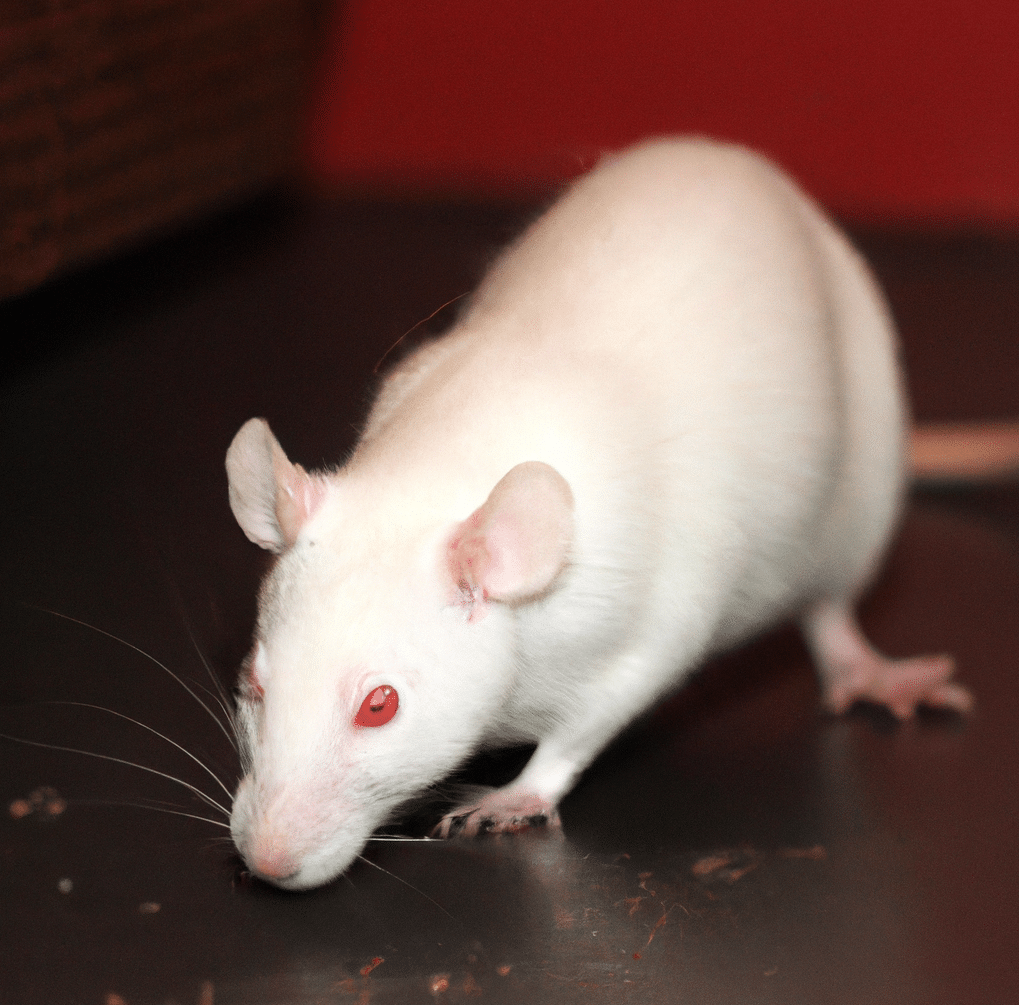
There is very little clinical evidence to suggest that clove oil stimulates hair growth. However, a 2016 study published in the Journal of HerbMed Pharmacology attempted to examine whether or not diluted clove oil could promote hair growth in animal models. In this study, researchers shaved the backs of 20 rats. The rats were divided into different groups, with one of the groups receiving daily topical minoxidil and another group receiving daily topical treatments of clove essential oil diluted into emu oil.
The researchers observed the rate that the rats regrew hair over 28 days of testing. Incredibly, the researchers observed that the group of rats receiving clove oil for hair growth saw the most rapid regrowth of hair. The researchers demonstrated that massaging diluted clove oil into the rats daily promoted faster hair growth than treating rats with emu oil alone or with topical minoxidil.
While these results are impressive, it’s worth noting that this is a very small study involving animals and not humans. This study certainly suggests that there is reason to investigate the benefits of using clove oil for hair health in humans. However, it’s too soon to say conclusively whether or not clove oil promotes hair growth.
Clove Oil for Dandruff
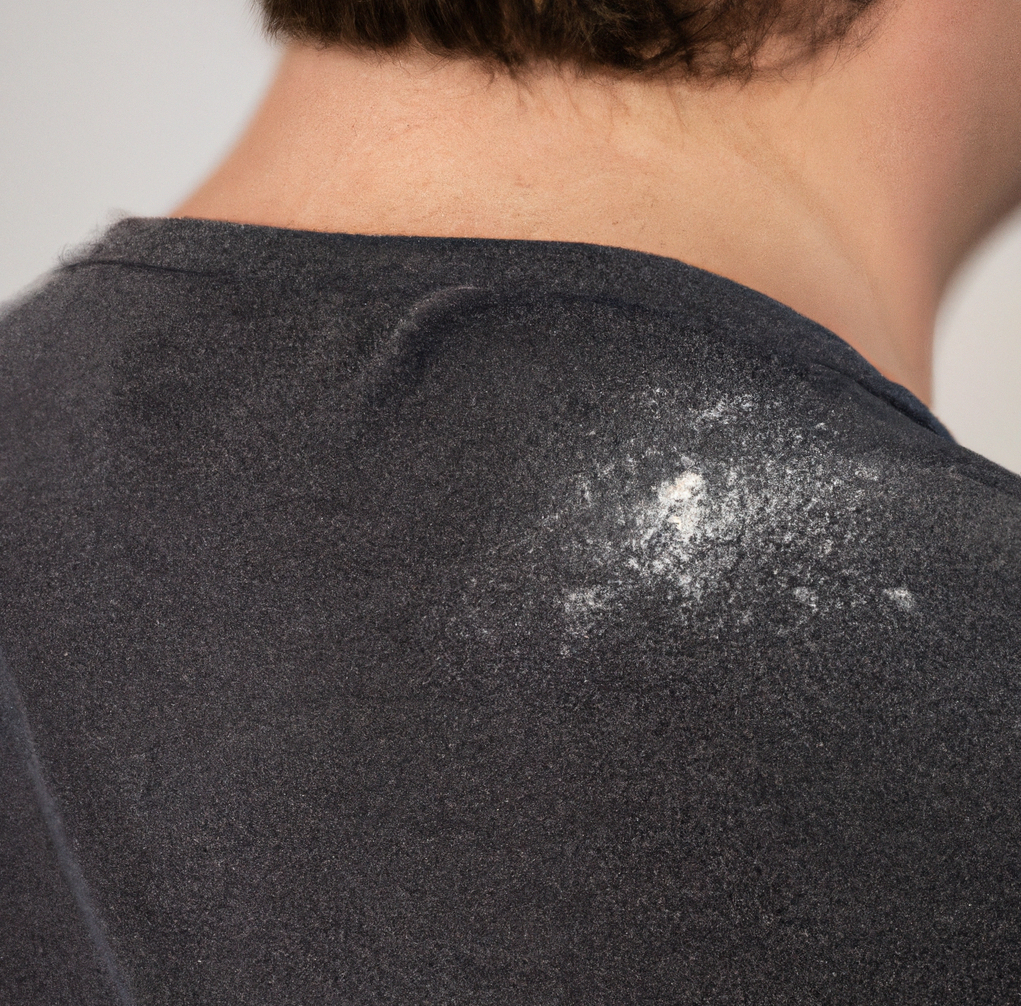
Dandruff is a common scalp condition that affects many people, characterized by flaky and itching of the scalp. There can be many contributing factors that lead to dandruff symptoms, including oily skin, yeast overgrowth, and certain skin conditions.
One natural remedy that may be effective for treating dandruff is clove oil. Cloves contain a compound called eugenol, which has been shown to have both antimicrobial and antifungal properties. These properties make clove oil a potential treatment for dandruff, as it may help to reduce the growth of the yeast that can contribute to the condition.
It’s worth noting that there have not been any published studies that directly study the impact of clove oil on dandruff in humans. This means that it’s purely hypothetical to suggest that clove oil could benefit scalp disorders associated with dandruff. If you are interested in seeing how clove oil helps with dandruff it’s important to first speak with your healthcare provider to make sure this is safe to try.
DIY Clove Hair Recipes
While there’s not much scientific evidence to support the benefits of using clove oil for hair – it’s still likely a relatively safe natural product to use topically. If you are interested in seeing the benefits of clove for yourself, here are a few safe and easy home remedies you can try:
Method 1: Clove Oil Scalp Massage
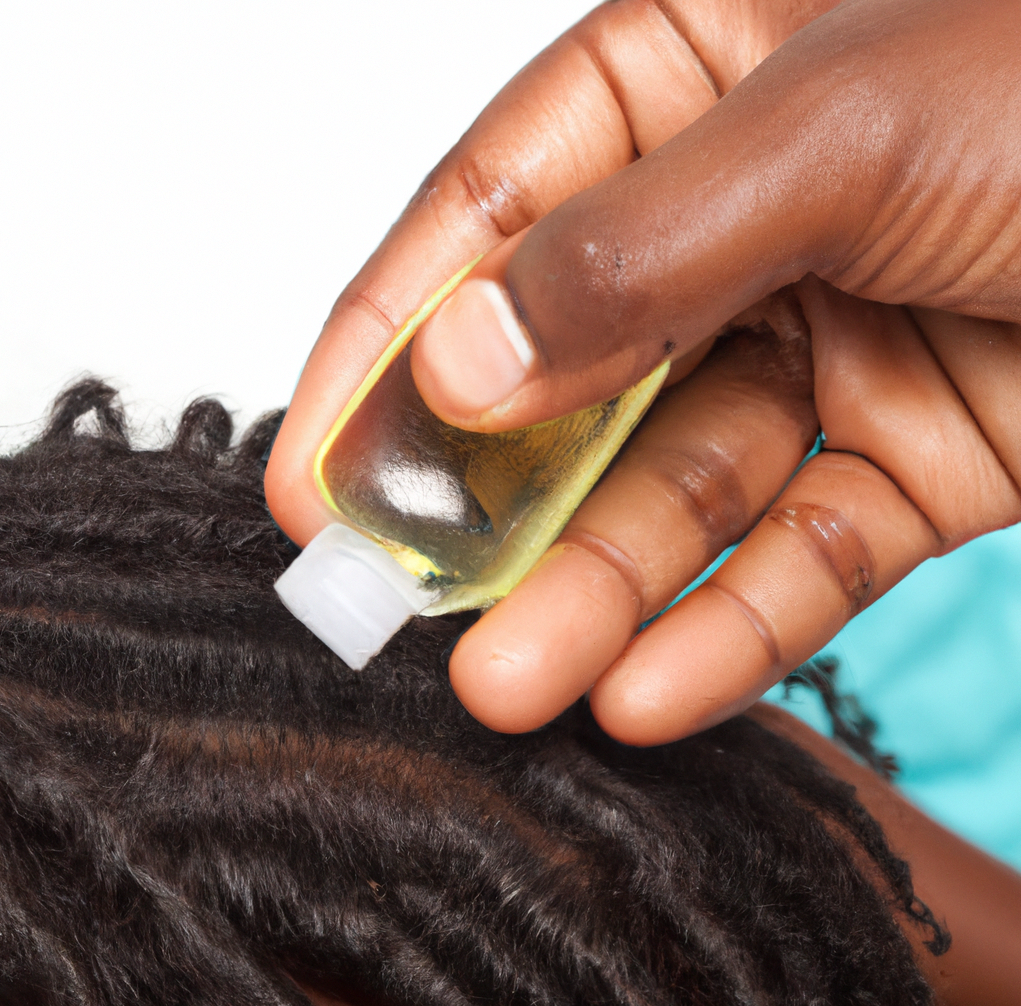
One way to use clove oil for hair care is to create a scalp massage oil using clove oil. To do this, you will need:
- 1/4 cup of a carrier oil, such as coconut oil or olive oil
- a few drops (3-5) of clove oil
Mix the warm carrier oil (make sure it’s not hot to the touch) and a few drops of clove oil together in a small bowl or jar. Then, apply the oil mixture to your scalp and massage it in using circular motions (It’s worth noting that even massaging the scalp boosts blood circulation – regardless of what oil is used). Leave the oil on your scalp for at least 30 minutes, or overnight if possible, before washing it out with shampoo.
Method 2: Clove and Carrier Oil Hair Mask
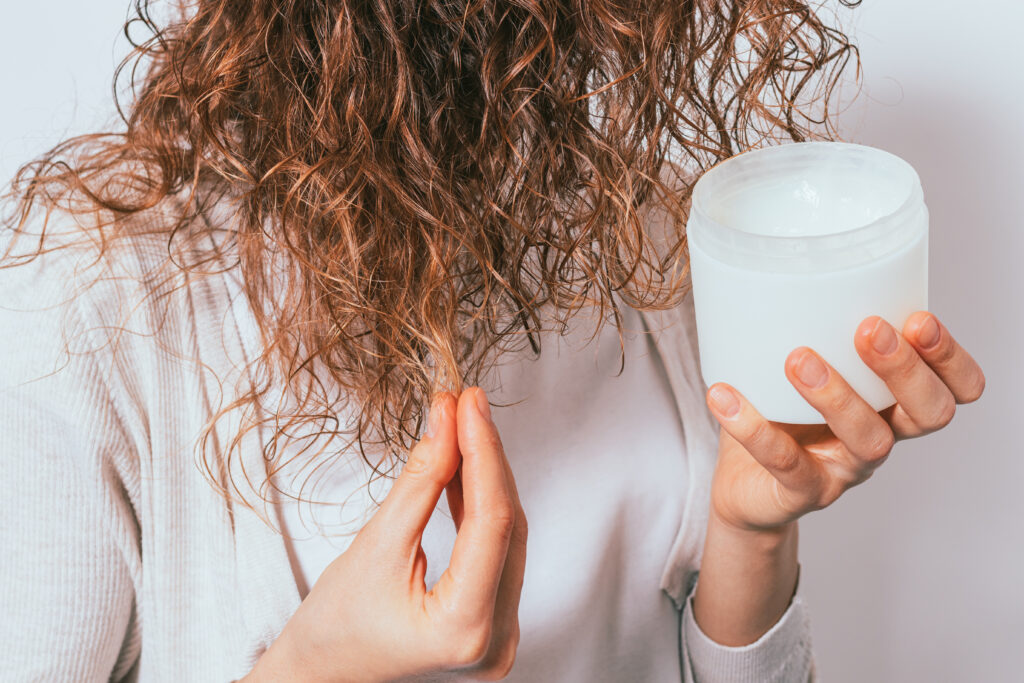
Another way to use clove oil for hair, is to create a hair mask. To do this, you will need:
- 1/4 cup of warm coconut oil
- 3-5 drops of clove oil
Mix the warm coconut oil and clove oil together in a small bowl or jar. Then, apply the mixture to your hair, starting at the roots of the hair follicles and working your way down the hair shaft to the ends. Cover your hair with a shower cap or towel and leave the mask on for at least 30 minutes, or overnight if possible. Rinse the mask out with shampoo and conditioner.
Method 3: Clove Water Hair Rinse
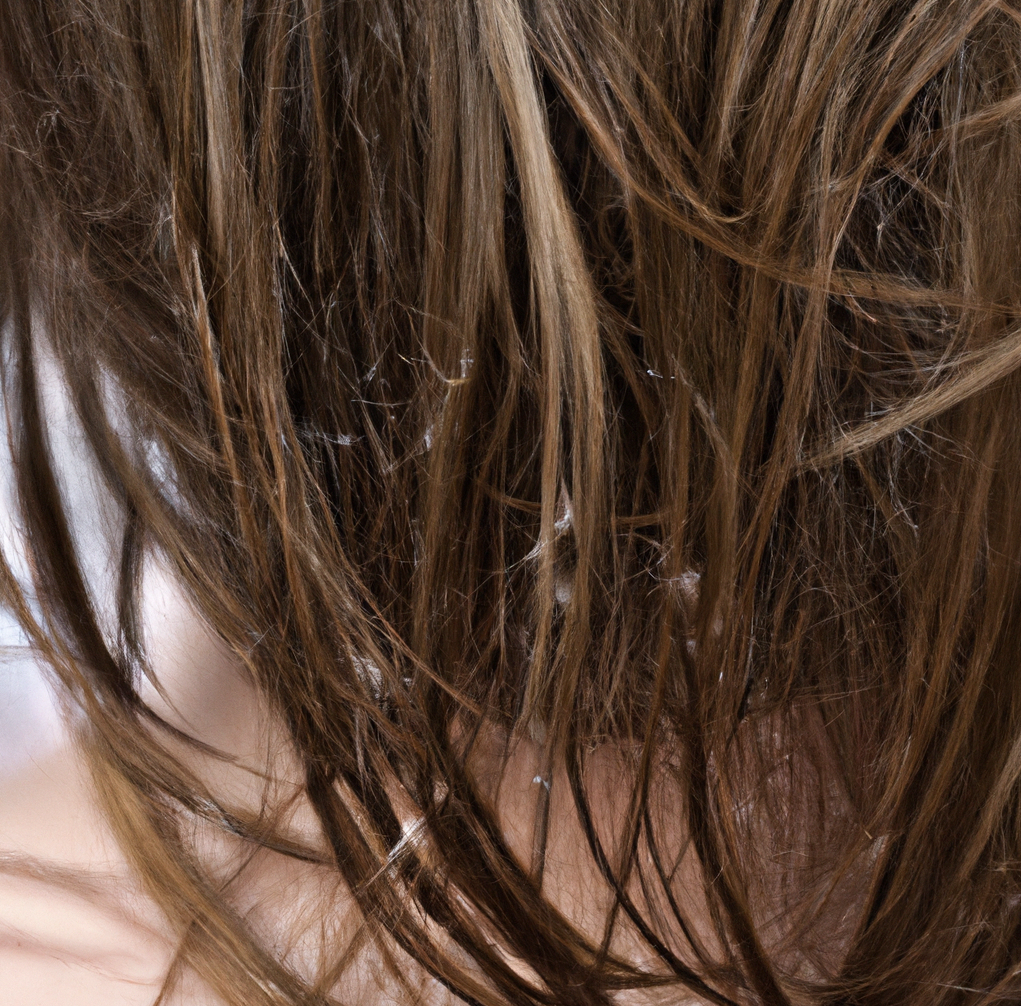
A third way to use cloves for hair is to create a clove water hair rinse using cloves and water. To do this, you will need:
- 1 cup of water
- 1 tablespoon of whole cloves
Bring the water to a boil in a small saucepan. Add the cloves to the water and let them steep for at least 30 minutes. Strain the cloves out of the water and let the water cool to room temperature. Once the water has cooled, pour it over your hair and massage it into your scalp. Alternatively, you can spray clove water into your hair using a spray bottle. Afterwards, rinse the clove water out of your hair with cold water.
Cloves for Blood Circulation
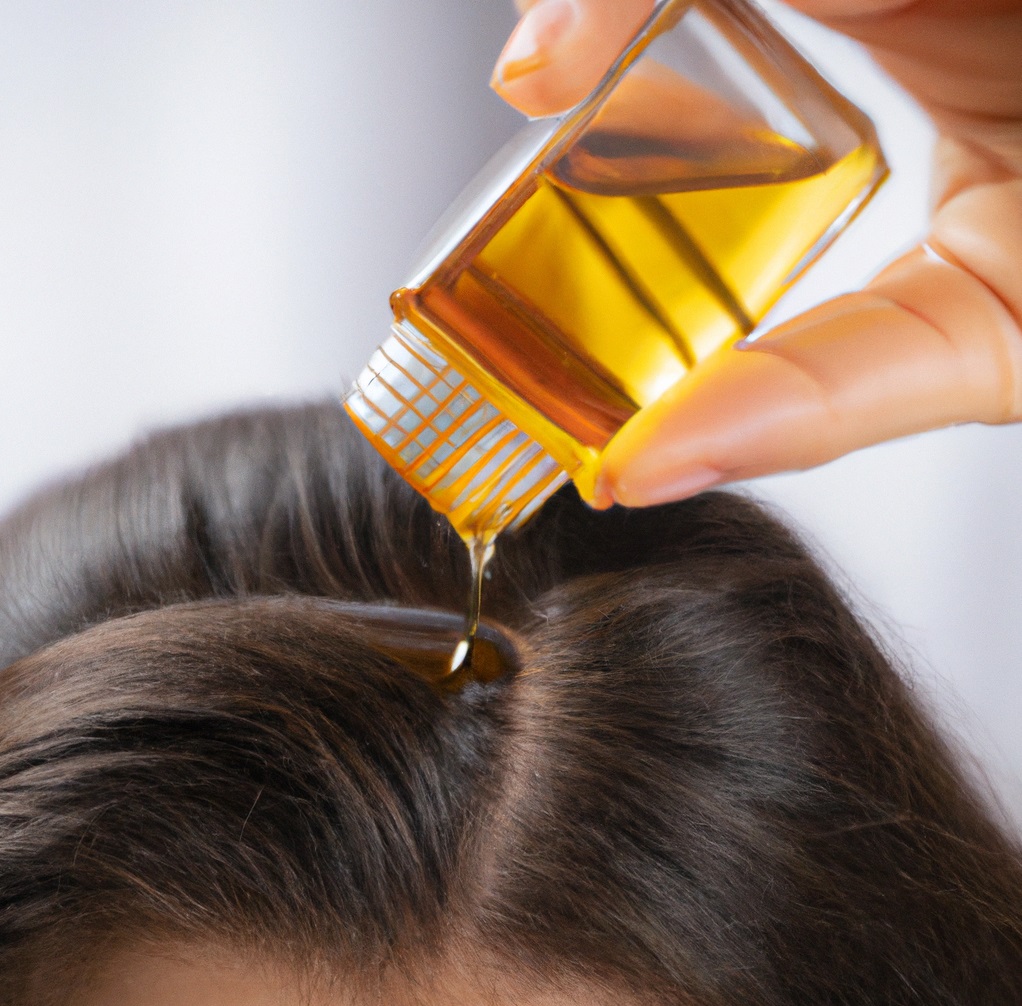
In addition to their potential benefits for hair, cloves may also help to improve blood circulation. This is because cloves contain a compound called eugenol, which has been shown to have blood thinning properties. By thinning the blood, cloves may potentially help to improve circulation in some people.
Anything that boosts blood circulation can have a number of potential benefits for the body, including increased oxygen and nutrient delivery to the cells and tissues, as well as improved waste removal. In some cases, this may help to support overall health and well-being.
However, before you experiment with the benefits of cloves for better blood circulation and blood flow, it’s vital that you first speak with your healthcare provider. Topical treatments, such as using clove water for hair health or to treat dandruff are likely benign and relatively safe to try at home. However, making a significant change to your diet or supplementation regimen can have more dramatic impacts on your health.
Alternatives to Clove Oil for Hair Growth
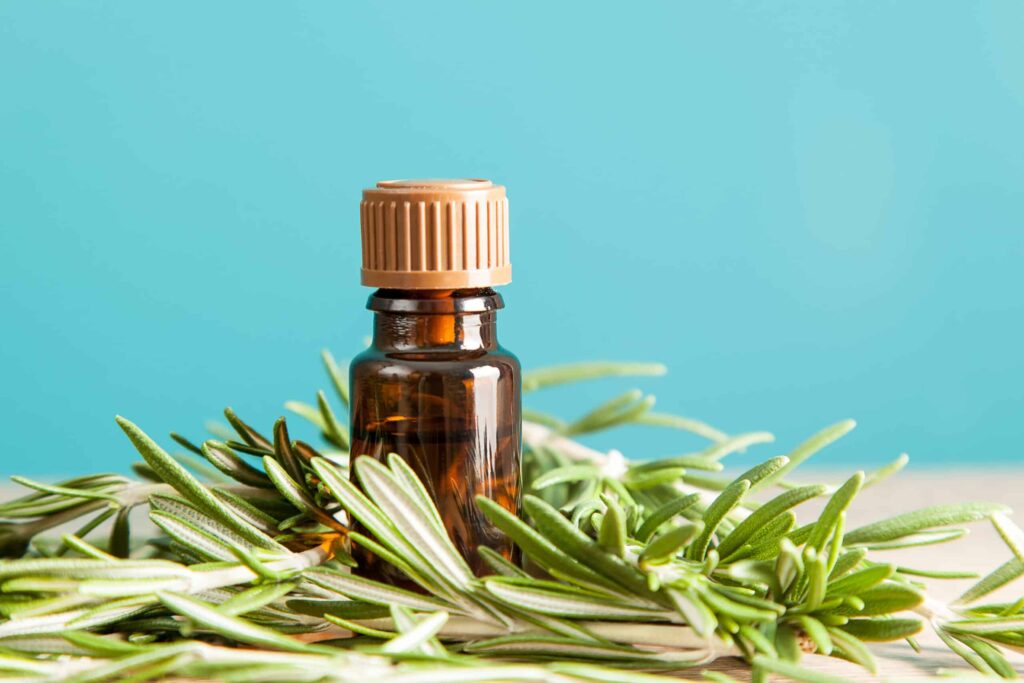
While there is some interested in exploring whether or not clove oil can support healthy hair growth, there are other essential oils that may be more effective in preventing hair loss. One such alternative is rosemary essential oil.
Rosemary oil has been clinically shown to be effective at preventing hair loss in some patients with androgenic alopecia. You can read more about that study and the potential benefits of Rosemary Oil in this Guide.
It’s important to note that while rosemary oil has some clinical evidence to support it’s use for preventing hair thinning, there’s still much more research that needs to be done. However, we can hope that in time, more evidence will come out supporting this essential oil as a natural way to stimulate hair growth or reduce hair fall.
Risks of Using Cloves for Hair Care
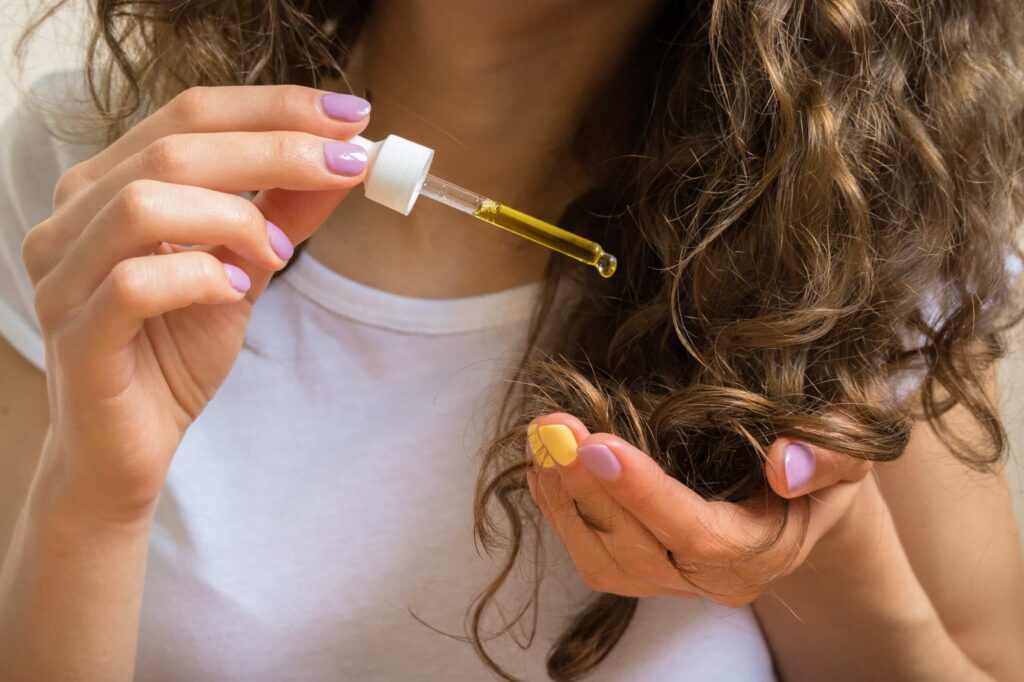
While cloves can be a effective natural remedy for promoting healthy hair growth, it’s important to consider a few precautions before using them for hair care.
One thing to keep in mind is that cloves may cause irritation or allergic reactions in some people. If you have sensitive skin or are prone to allergic reactions, it’s a good idea to do a patch test before using any new hair care product or method, including clove water or any other clove hair treatment.
To do a patch test, apply a small amount of the product or mixture to a patch of skin on your inner arm and wait 24-48 hours to see if there is any reaction.
If you do experience irritation or an allergic reaction after using cloves on your hair, stop using the product immediately and rinse your hair with water. If the reaction is severe or persists, seek medical attention.
In general, it’s always a good idea to be cautious when using any new hair care product or method. By taking the necessary precautions, you may be able to enjoy any potential benefits of clove water or clove oil without negative side effects.
